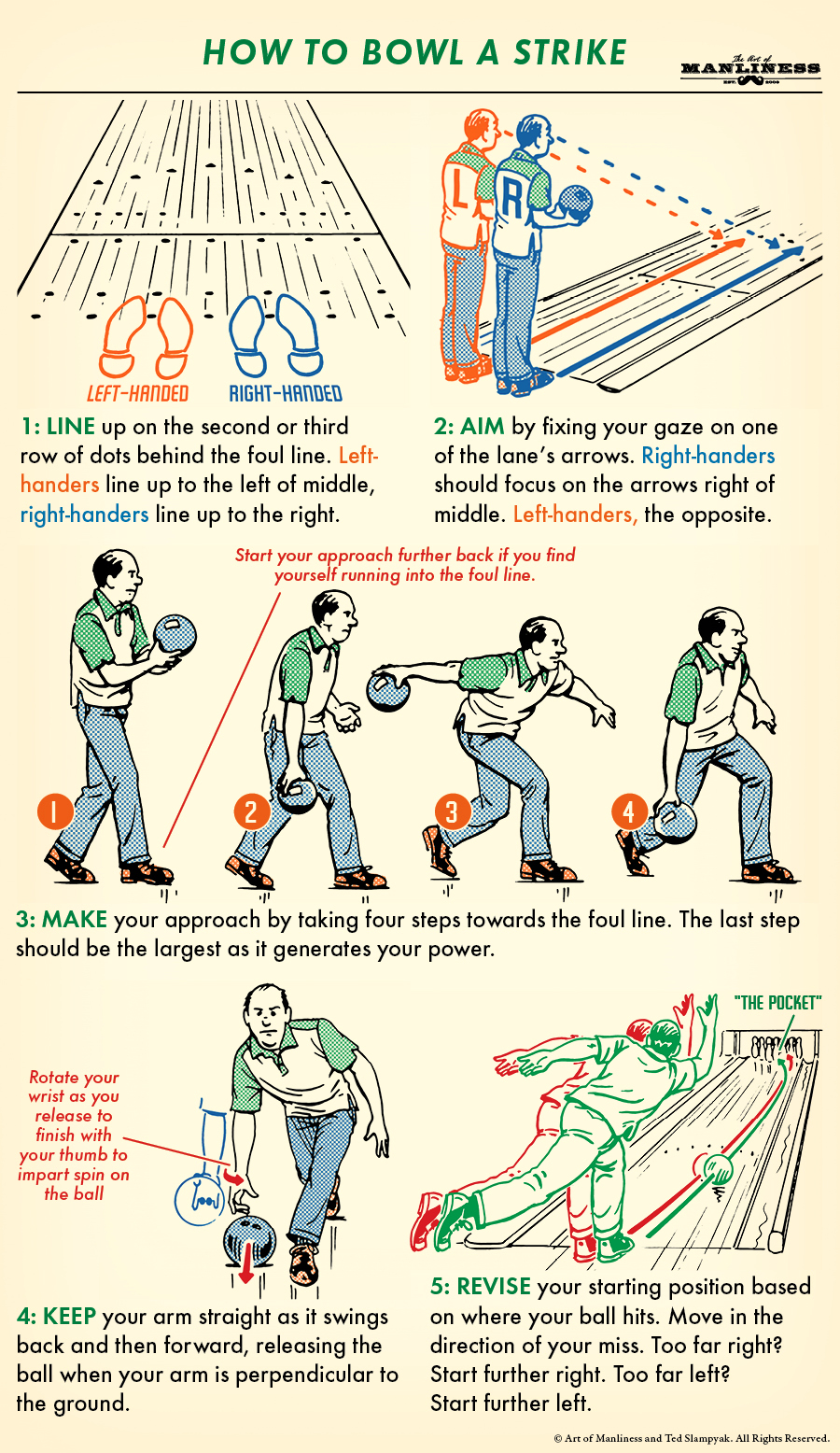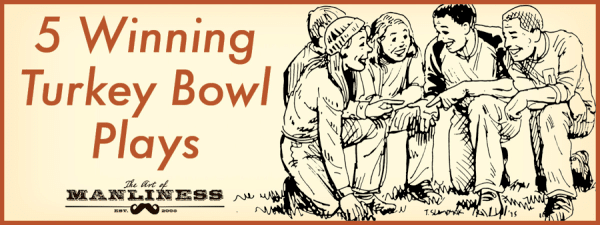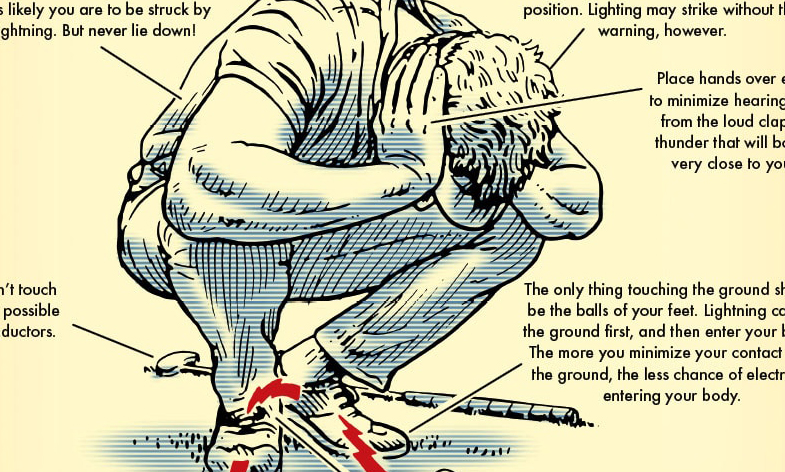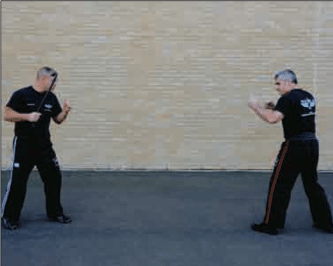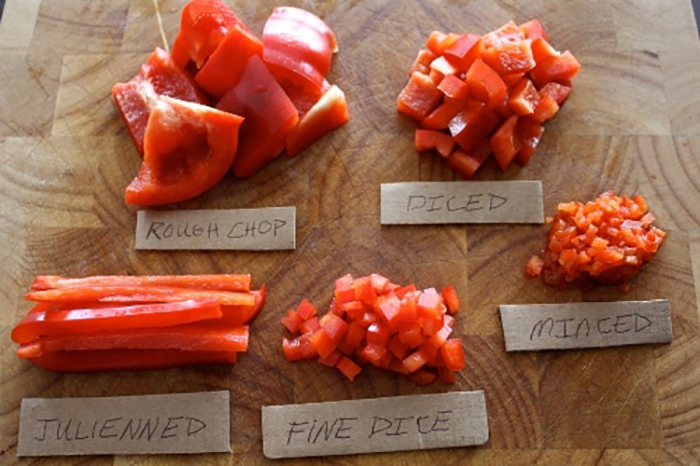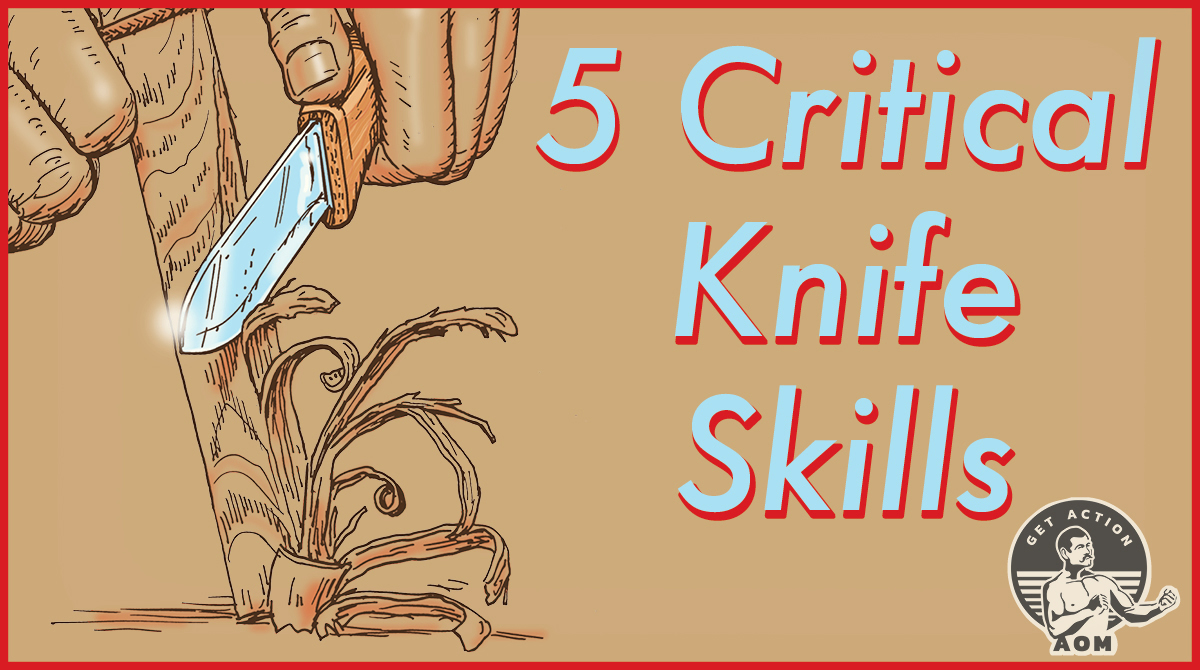
Bowling has a long and thoroughly manly history.
But if you’re like me, then your contribution to this legacy of manliness hasn’t been anything to write home about. Which is to say, for much of my life I was a pretty sorry bowler. I liked going bowling with my friends and reveling in some manly camaraderie, but being a competitive guy, it was hard to enjoy a game while getting trounced by everyone else.
And I rarely got to experience the sheer joy and ecstasy of bowling a strike. There’s nothing like seeing all ten of those pins disappear from the lane. So lately I’ve been trying to up my game. With some practice, reading, and advice from guys who bowl strikes on a regular basis, I’ve been able to improve my strike ball. I’m not bowling perfect games by any means, but I’ll get three or four strikes in a game now.
And so to help my fellow floundering bowlers, I offer a few tips on how to bowl a strike.
Be flexible. Flexibility and the ability to adapt are essential to consistently bowling strikes because every lane you bowl on is different. Why? Well, have you ever crossed the foul line and found yourself on your butt? That’s because bowling lanes are oiled and the amount of oil and the way it’s spread on the lane can differ from lane to lane. Heck, the oil pattern on a single lane can change throughout the game. Changes in oil amount and pattern can cause your ball to break differently. So be prepared to adjust your approach.
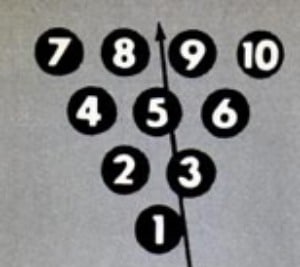
If you’re right-handed, aim for the ball to hit the pocket in-between the 1 and 3 pins.
The key is in the pocket. The key to consistent strikes is to angle the ball into the “pocket.” For a right-handed bowler, the pocket is between the one-pin and three-pin. For a lefty, it’s between the one-pin and two-pin.
Choose a lighter ball. Yeah, I know. You want to show off your manly strength by hurling an 18 pound ball down the lane like the thunder god Tor. And yeah, it’s fun to see the pins fly in the air when a heavy ball hits them, but if you want to bowl strikes, consider lightening up a bit. To bowl strikes, you want the pins to hit each other, and not just fly up in the air. Heavy balls make pins fly in the air; lighter balls make the pins hit each other. Many pros these days have started using the 14 1/2 or 15 pound balls because of the advantage lighter balls provide. So go ahead. Use that girl ball without shame.
Focus, but not on the pins. The pins are your target, but you don’t want to focus or aim for them. Instead, pick one of the arrows in the middle of the lane and aim to have your ball roll right over it. If you’re a right-handed bowler, aim for the second arrow from the right. Lefties, aim for the second arrow from the left. Because most lane oil is in the middle of the lane, throwing your ball on the outside will give it more traction down the entire lane.
Line up your approach. Before the foul line, you’ll see three rows of dots that parallel the lane–one row right before the foul line and two rows a bit back from it. Use one of these latter rows to line up your approach to the foul line (which one you choose is determined by how many steps you take before releasing the ball). If you’re right-handed with a slight hook, place your left foot just to the right of the middle dot. If you’re left-handed, your right foot should be placed just to the left of the center dot.
If you consistently hit the pocket from that approach, you’ve found your strike ball. Keep approaching from that spot. If you’re missing left, move a bit to your left on the approach. If you’re missing right, move right. Yeah, that seems sort of counter-intuitive, but a righty bowler misses left because his ball hooked too early. Sames goes for a lefty. Moving towards the direction you’re missing and aiming for the same arrow will force the ball farther down the lane before hooking into the pins. Try it. It works.
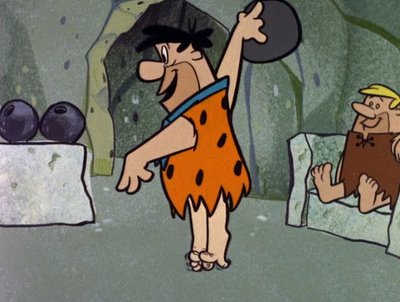
It’s all in the toes.
Make your approach. Start your approach towards the line. The four step approach is the most commonly used approach by the pros, but if the Fred Flintstone twinkle-toes thing works for you, then do it. Keep your eye on your target arrow the entire time and make sure you’re walking in a straight line.
Keep your arm straight. On the backswing, keep your arm straight and close to the body. Your hand should come up to shoulder level.
Step of power! The power step is the second-to-last step in your approach and it gives your body a bit more momentum which adds to the leverage of your armswing, giving you a stronger release of the ball. If you’re right handed, your power step will be with your right foot. Lefties, with the left. Your power step leg should have a nice bend to it which will help you slide on your left foot. Watch that you don’t cross the foul line!
Release the ball at the bottom of your downward swing. You want to time the release just right. Too early and you can lose velocity, too late and you’ll cause the ball to bounce.
Curve it. Remember, to bowl strikes we want the ball to hit the pocket, and to do that effectively, we need some curve to our throw. This takes some practice to perfect, but here’s some general advice to get started. If you’re right-handed, rotate your thumb to a 10 o’clock position as you release the ball. If you’re left-handed, rotate your thumb to a 2 o’clock position. This will give your ball a bit of spin as it hurtles towards the pins.

You want the ball to curve into the pocket.
Follow through. A mistake that many novices make in bowling is not following through after releasing the ball. Failing to follow through reduces rotation on the ball and consequently decreases accuracy. Once you release the ball, keep your arm going in the pendulum motion until your hand is above your head.
Be like Frank. Take it nice and easy. Don’t rush. It’s easy to get in a hurry especially when you get flustered. Maintain a slow and smooth approach and release.
Fist pump/air pistols/Jesus Quintana Dance. Revel in the sweet sound of a strike with a celebratory fist pump. Or you could go with the classic Pistol Pete air pistols and pretend that you’re shooting all the pins down with your fingers. Better yet, do the Jesus Quintana Dance from the Big Lebowski:
